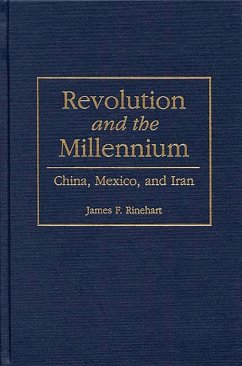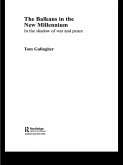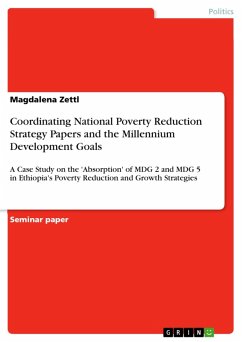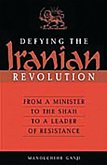An interdisciplinary, cross-cultural, cross-historical analysis of three 20th-century non-Western revolutionary societies-China, Mexico, and Iran-that were profoundly impinged upon by European and American imperialism. The study explores the role of apocalyptic beliefs in radical movements bent on sociopolitical transformation. It concludes that millennial expectations performed important and similar preparatory, leadership, and therapeutic functions in each case.
Millenarian movements are powerful and emotional social movements that expect an immediate, collective, total, this-worldly, supernatural salvation and transformation of society. They anticipate the complete destruction of the existing sociopolitical and economic order, which they assert will be followed by a new and perfect society. This study provides an interdisciplinary, cross-cultural, cross-historical analysis of three 20th-century non-Western revolutionary societies that were profoundly impinged upon by European and American imperialism. It seeks to explore the functional role of millenarianism in these three revolutions.
In all three cases, millenarianism prepared the way for revolutionary transformation. It acted as a catalyst for action among that group of the most ardent revolutionists who were willing to pay any price to achieve what they were convinced was the inevitable goal of a utopian society. Millenarianism created the potential for charismatic leadership to emerge. It functioned as a doctrinal platform that awaited the opportunity to elevate a prophetic revolutionary leader to take control. Finally, millenarianism performed a therapeutic, identity, and cathartic function by providing the doctrinal foundation and an effective organization for a social healing process to take place. A challenge to conventional arguments on the origins and outcomes of revolutions, this study will be of great interest to scholars and researchers in comparative politics, sociology, and religion.
Millenarian movements are powerful and emotional social movements that expect an immediate, collective, total, this-worldly, supernatural salvation and transformation of society. They anticipate the complete destruction of the existing sociopolitical and economic order, which they assert will be followed by a new and perfect society. This study provides an interdisciplinary, cross-cultural, cross-historical analysis of three 20th-century non-Western revolutionary societies that were profoundly impinged upon by European and American imperialism. It seeks to explore the functional role of millenarianism in these three revolutions.
In all three cases, millenarianism prepared the way for revolutionary transformation. It acted as a catalyst for action among that group of the most ardent revolutionists who were willing to pay any price to achieve what they were convinced was the inevitable goal of a utopian society. Millenarianism created the potential for charismatic leadership to emerge. It functioned as a doctrinal platform that awaited the opportunity to elevate a prophetic revolutionary leader to take control. Finally, millenarianism performed a therapeutic, identity, and cathartic function by providing the doctrinal foundation and an effective organization for a social healing process to take place. A challenge to conventional arguments on the origins and outcomes of revolutions, this study will be of great interest to scholars and researchers in comparative politics, sociology, and religion.









